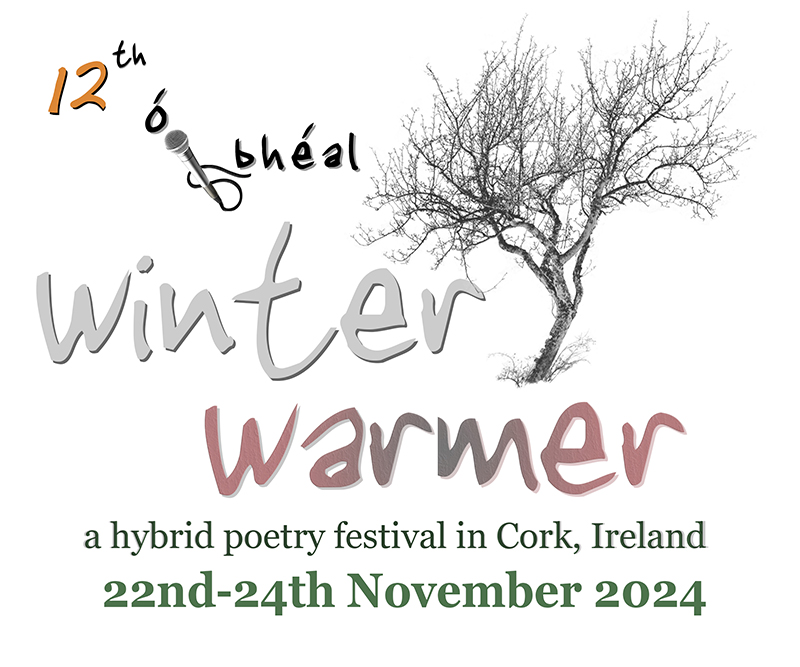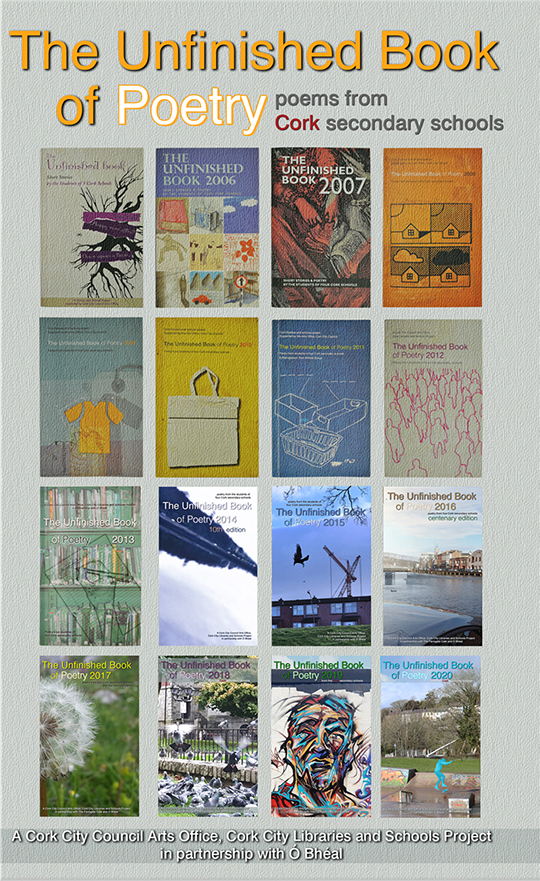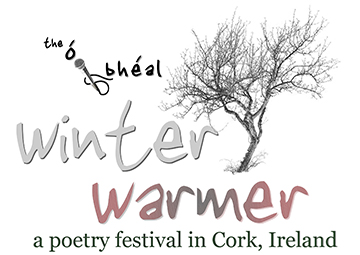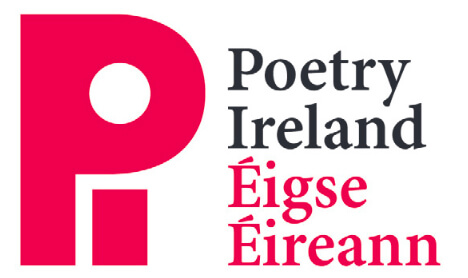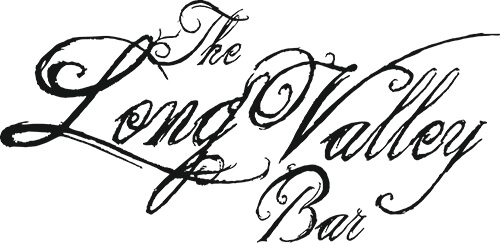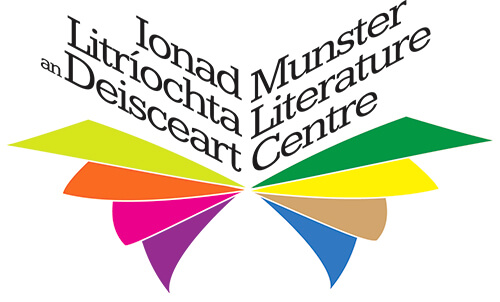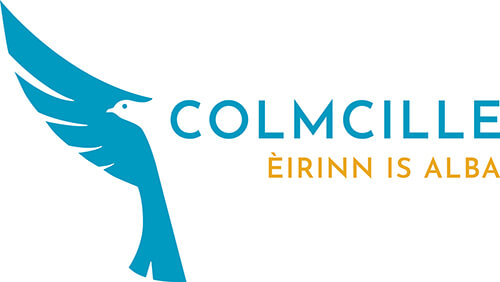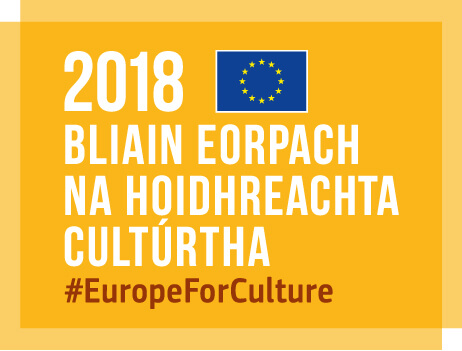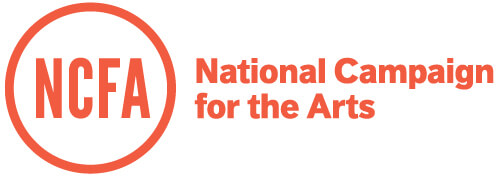Interviewed by Jennifer Matthews
JM: Can you tell me a little about your revising process? Do you do multiple drafts, or stick to the poem’s first incarnation?
MK: Multiple drafts is an understatement. For some poems it’s an entire rainforest of drafts. I’ve a collection coming out, Inheritance by Doire Press, and the poem Under a Sapling Beech took me, on and off, two years to get it as it appears.
JM: Do you ever workshop or look for feedback on your poems from other writers?
MK: Workshops, I recommend them. Invaluable experience is gained from both the facilitator and each participant. And yes, I do look a feedback from other writers.
JM: Something unique in your poetry is the strong voice in your writing. Do you always memorise a poem once it’s written? Would sound be a big influence on your writing process?
MK: Thank you. Yes I do memorise my poems, but only the ones I read. As for sound, only in regard to the tone, how it is read and written.
JM: Technology seems to be a recurring theme in your work (computers, playstations, etc). What draws you to this theme? I’m particularly interested in why you juxtaposed the birth of a calf and winning a video game. That poem has really stuck with me.
MK: To answer your first question, I hate how depended we’ve become on technology and computers… but I am answering you via email so… The second, I like the idea of reality: how, at the same time, someone can kick a ball – the UEFA winning goal, someone else blows themselves up, porn is Googled, people get high while lambs and calves are being born.
JM: The line, ‘I’m still a magpie picking at the corpse of my childhood,’ was chilling and profound. Do you think this is something all poets have to confront? Do you feel your poetry deals with past events explicitly or in a more removed way? (Have I quoted the line correctly?)
MK: ‘Today I am still the magpie
picking at the corpse of our childhood…’
Well, at the end of the day, you don’t have to. You can write how you would watch your mother cry as daddy would beat her… or just make it all up. Personal poems are easiest to write but also the hardest to get right. But you’ll get that, especially when it deals with your family. Sometimes the more removed, distant and cold you are in a poem is just affective as shock and awe piece.
Many thanks to Miceál Kearney. His collection, Inheritance, will be coming out soon from Doire Press.

